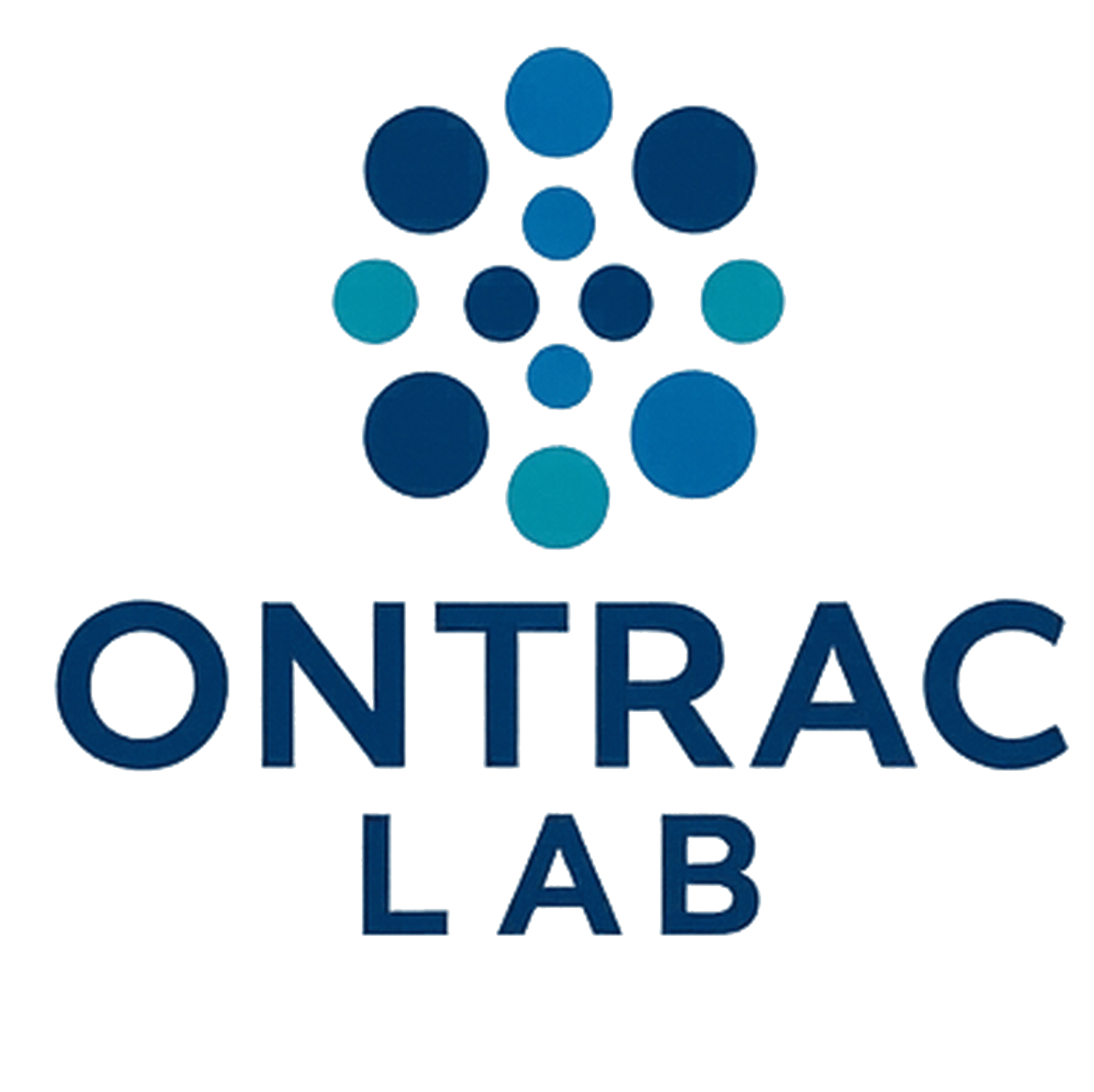- md.ibrahim@cnsu.edu
- Lab Location, 9700 W Taron Dr, Elk Grove, CA 95757

Translational Research in Cancer Resistance, DNA Repair, and Neurodegeneration
Our research focuses on overcoming cancer therapy resistance by targeting DNA damage repair pathways and replication stress responses. We are developing RNA-based therapeutics, including siRNA-loaded lipid nanoparticles, to silence undruggable DNA repair and checkpoint factors in glioblastoma, ovarian, and breast cancers. Using CRISPR-based functional genomics, proximity labeling (Split-TurboID), proteomics, and mechanistic studies of base excision repair, we aim to restore sensitivity to PARP inhibitors, temozolomide, and other alkylating agents.
In parallel, we investigate the role of DNA repair dysfunction in neurodegenerative diseases, where genomic instability contributes to disease progression, including ALS and related disorders. These studies expand our mechanistic insights beyond oncology and identify common pathways between cancer and neurodegeneration that can be targeted therapeutically.
Our group also develops platforms for early cancer diagnosis, including microfluidic and immunofluorescence-based systems for circulating tumor cell detection and precision monitoring. To bridge discovery and clinical translation, we are building virtual cancer patient models that combine omics, imaging, and clinical datasets to predict therapy response and guide individualized treatment strategies.
By integrating RNA therapeutics, diagnostic innovation, and computational modeling with collaborations in data science and materials science, we are advancing a translational framework that personalizes cancer therapy and informs therapeutic development for both cancer and neurodegenerative disease.

Md Ibrahim, Ph.D., MPS
Assistant Professor
Department of Pharmaceutical Science
California Northstate University, College of Pharmacy, California, USA
Founder
Oncovask Therapeutics LLC, California, USA
Research Interests
- DNA damage repair and replication stress in cancer
- Pharmacology of therapeutic resistance
- RNA-based therapeutics and nanoparticle delivery systems
- Microfluidic tumor modeling and diagnostic platforms
- Biomarker-guided therapy for rare cancers
- Neurodegeneration and DNA repair dysfunction
- Early Cancer Diagnosis
- AI and VR based Predictive oncology and computational modeling
- Call: 916-686-7396
- Email: md.ibrahim@cnsu.edu
Biography
Dr. Md Ibrahim is an Assistant Professor of Pharmacology, Cancer Biology, and Pharmaceutical Science at California Northstate University College of Pharmacy and founder of Oncovask Therapeutics LLC. His research focuses on overcoming cancer therapy resistance by targeting DNA damage repair pathways and replication stress responses.
He develops RNA-based therapeutics, including siRNA-loaded lipid nanoparticles, to silence undruggable DNA repair and checkpoint factors in glioblastoma, ovarian, and breast cancers. His work integrates proximity labeling (Split-TurboID), proteomics, and mechanistic studies of base excision repair and replication stress to restore sensitivity to PARP inhibitors, temozolomide, and alkylating agents.
Dr. Ibrahim also leads precision medicine efforts to repurpose FDA-approved drugs for rare cancers, investigates dormancy and metastasis in breast cancer using microfluidic tumor-on-chip models, and studies DNA repair dysfunction in neurodegenerative diseases such as ALS. His laboratory develops microfluidic and immunofluorescence-based diagnostic platforms for circulating tumor cell detection and precision monitoring.
In collaboration with experts in data science and materials science, he is building predictive oncology models that integrate omics and clinical datasets to personalize cancer treatment.
OUR EVENTS
Publication Opportunity in Conference
Associated Event
27May
Decade of Action on Nutrition and Global Initiatives
- 08:00am - 05:00pm
Quasi architebeat vitae dicta sunt explic nemo enim ipsam voluptam.
27May
Standards and Scientific Advice on Food and Nutrition
- 08:00am - 05:00pm
Quasi architebeat vitae dicta sunt explic nemo enim ipsam voluptam.
27May
Monitoring Nutritional Status & Food Safety Events
- 08:00am - 05:00pm
Quasi architebeat vitae dicta sunt explic nemo enim ipsam voluptam.
27May
Energy Information Administration Program
- 08:00am - 05:00pm
Quasi architebeat vitae dicta sunt explic nemo enim ipsam voluptam.










